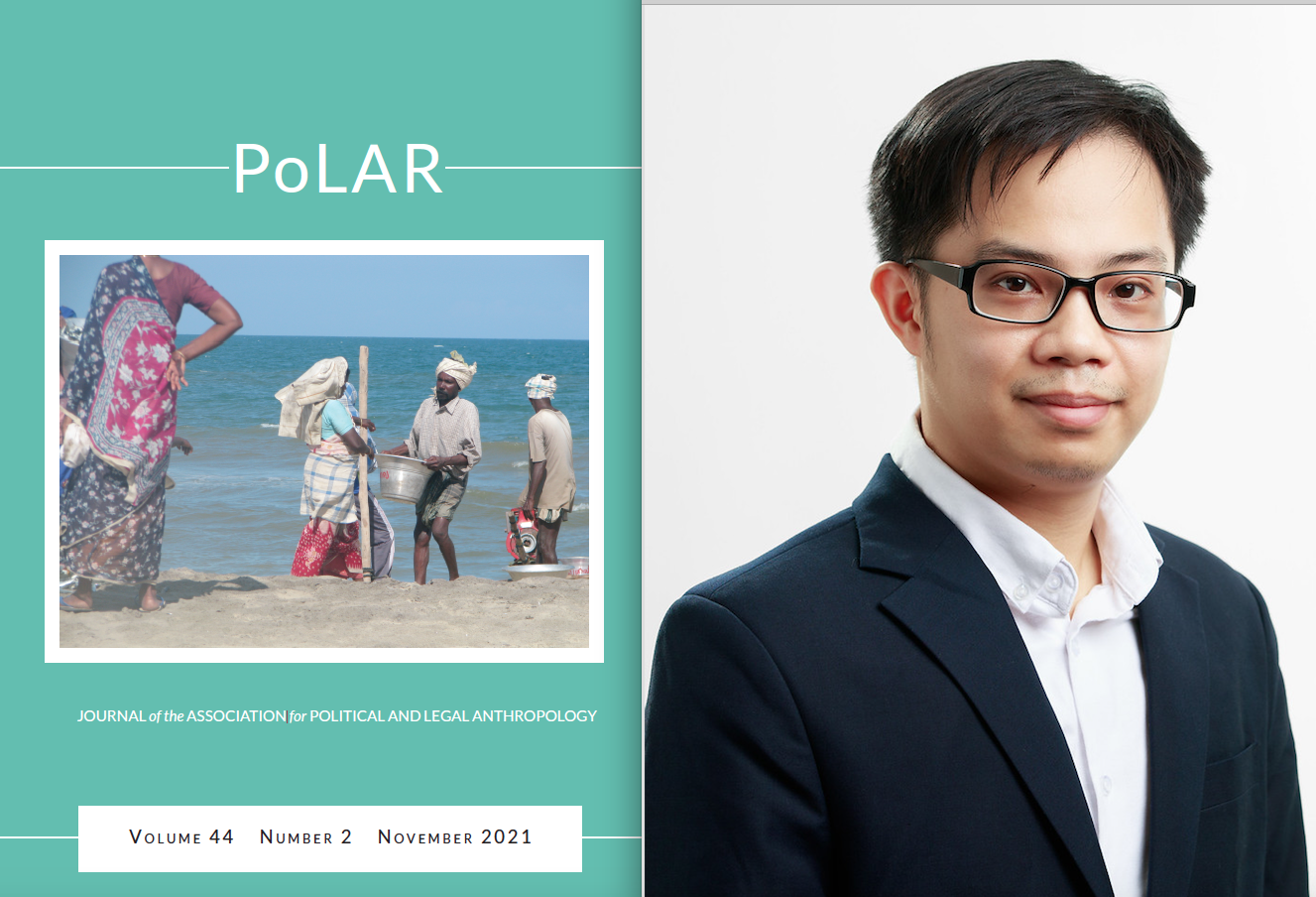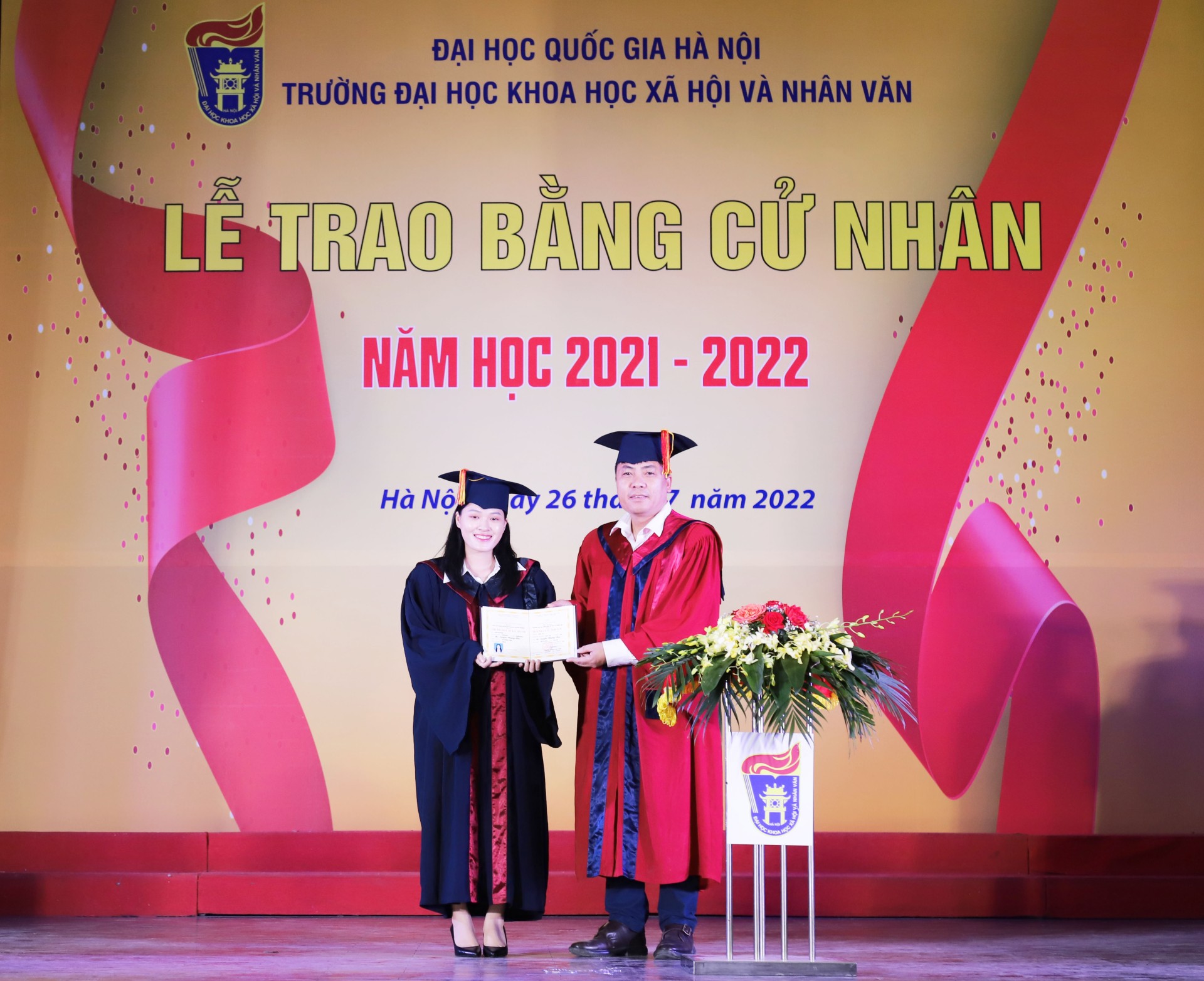From Ethnology to Anthropology
Anthropology in Vietnam is rooted in ethnology, which originated in the 1930s with academic influences from France. Between the 1960s and 1980s, many young Vietnamese intellectuals earned PhDs in ethnology in the Soviet Union, Eastern European socialist countries, and domestically, creating a generation of ethnology experts who conducted in-depth research on cultural, social, economic issues and ethnic relations in Vietnam. These research results made a positive contribution to identifying the 54 ethnic groups in Vietnam, helping the Party and State to develop and refine policies on Vietnamese ethnicity, culture, and people.

In the context of the Doi Moi (Renovation) period since 1986, many young Vietnamese intellectuals have received anthropological training at advanced universities in Europe, America, and Australia. From the early 2000s, Ethnology in Vietnam transformed and developed into Anthropology, following the model of North American countries, Australia, etc. Anthropology in Vietnam not only has the capacity for international integration but also continues to train anthropologists with professional knowledge and skills, a deep understanding of the country's realities, society, culture, and people, making practical contributions to the planning and implementation of policies by the State and organizations both domestically and internationally.
 |
Explaining the nature of Anthropology, Associate Professor Dr. Nguyen Van Suu (Head of the Department of Anthropology, Faculty of Social Sciences and Humanities, Vietnam National University, Hanoi) emphasized that it is a comprehensive science that studies human beings. The comprehensive approach of Anthropology in the study of human beings is most clearly demonstrated in the way anthropologists view human beings in relation to their biological dimensions and their ecological, economic, cultural, social, artistic, legal, and health dimensions; in different geographical spaces and within a timeframe from human ancestors millions of years ago to the present day. |
Modern anthropology is divided into five subfields: Anthropology, Cultural Anthropology, Linguistic Anthropology, Archaeological Anthropology, and Applied Anthropology. Anthropology explains the biological origins of humankind, evolutionary development, and genetic diversity. Cultural Anthropology studies human societies through ethnographic descriptions. Linguistic Anthropology is concerned with the nature of language and its use. Archaeological Anthropology, or archaeology, deciphers past societies. Applied Anthropology implies the application of anthropological approaches, methodologies, and knowledge to solve practical social problems.
The country's leading center for anthropology research and training.
The Faculty of Anthropology, University of Social Sciences and Humanities, boasts a highly qualified faculty, well-trained at prestigious universities in Vietnam and several European and American countries such as the Australian National University (Australia), the University of Amsterdam (Netherlands), the University of Cambridge (UK), the University of Colorado, Harvard University (USA), and the Graduate School of Social Sciences (France)... With a diverse team of professionals, strong foreign language skills, and extensive international and Vietnamese practical experience, the faculty of the Faculty of Anthropology are always at the forefront and dedicated to researching many highly scientific, interdisciplinary, and practical issues of society and the country, such as land issues, livelihoods, ethnic groups, ethnic culture, ethnic relations, ethnic policies, cross-border relations, family, lineage, gender and culture, labor, migration, urbanization, cultural heritage, climate change, writing systems, religion, beliefs, etc.
Over the past ten years, the faculty of the Department has undertaken numerous major scientific research projects, implemented many research projects funded by international organizations, and regularly engaged in exchange and cooperation activities in training and research with international scientists.
The Department of Anthropology consistently leads in publishing high-quality scientific works in English and French in prestigious journals and publishers worldwide. University statistics show that the Department's faculty has the highest rate of international publications in the entire university. This achievement clearly demonstrates the research capabilities of the Department of Anthropology faculty at the regional and international levels, recognized by colleagues, the university, and society.
In addition to its full-time faculty, the Department of Anthropology also benefits from the responsible and dedicated teaching of highly qualified anthropologists working at the Institute of Ethnology, the Museum of Ethnology, and the Vietnam Association of Ethnology and Anthropology.

Associate Professor Lam Minh Chau, from the Department of Anthropology, University of Social Sciences and Humanities, has become a member of the Editorial Board of PoLAR - the Journal of Political and Legal Anthropology of the American Society for Political and Legal Anthropology.
The results of scientific research are applied by the faculty members to lectures and scientific seminars to train and guide undergraduate, graduate, and doctoral students of the Faculty. They also use anthropological knowledge to advise government agencies and international organizations on solving practical social problems in many areas across the country, especially in ethnic minority, mountainous, and highland regions.
International integration of training programs
The Faculty of Anthropology at the University of Social Sciences and Humanities is also the only Anthropology training center in Vietnam with a comprehensive program of articulation from Bachelor's to Master's and Doctoral levels. All three Anthropology programs (Bachelor, Master, and Doctorate) are highly internationalized, drawing on the Anthropology training models of advanced universities in the United States, Canada, and Australia. As a result, Anthropology students study many subjects compatible with the curricula of universities in developed countries. The Faculty's faculty applies modern teaching methods, such as seminar teaching, project-based learning, group work, and group discussions. Many subjects in the Faculty's Bachelor's program refer to the most up-to-date knowledge in textbooks from leading universities worldwide.


With a teaching philosophy that places students at the center, the Faculty always supports students in developing their thinking skills and practical abilities based on their passions. In a dynamic, open, and creative academic environment, students of the Faculty of Anthropology receive comprehensive education: from fundamental knowledge in the classroom to practical research experiences in the field, participation in extracurricular activities at museums and NGOs, and interaction with international students and scientists.
Opportunities to study and work in an international environment.
Anthropology students have many opportunities to interact with and learn from scientists and participate in international research projects. During the 2018-2019 academic year, Pham Thi Kim Tam (a fourth-year student) from the Faculty participated in a research project on indigenous rice varieties in Lao Cai province, implemented by French scientists. Phung Manh Cuong participated in a research project on the use of antibiotics in animal feed in several provinces of the Red River Delta. Both students received funding from these projects and successfully completed their graduation theses.

In addition, the Faculty of Anthropology's international cooperation network provides students with opportunities for scholarships to study abroad. “The Faculty of Anthropology has been implementing faculty and student exchange programs with the Faculty of Anthropology at the University of Toronto (Canada), the Institute of Anthropology at the University of Göttingen (Germany), the Faculty of Anthropology at Uppsala University (Sweden)... Through these exchange programs, outstanding students of the Faculty have the opportunity to study abroad and thereby seek scholarship and career opportunities in an international environment. For example, in 2017 and 2018, the Faculty of Anthropology had 3 students and 1 lecturer go to the University of Göttingen (Germany). In 2019, 2 students and 1 lecturer from the Faculty went to Uppsala University (Sweden),” Associate Professor Dr. Nguyen Van Suu informed.
The training philosophy provides future anthropologists with extensive knowledge and systematic professional skills, enabling them to access broad and diverse career opportunities. Many anthropology graduates are working in agencies and organizations related to human resources, culture, and development both domestically and internationally. A clear example is that in Hanoi, international organizations announce job openings weekly for many positions that match the expertise and skills of anthropology graduates. According to Associate Professor Dr. Nguyen Van Suu, this reality stems from the fact that:Development programs and projects, especially those related to cultural heritage in Vietnam, particularly in ethnic minority areas, benefit from the contributions of anthropologists. Anthropologists utilize their knowledge, methods, and approaches to advise on the development and implementation of programs and projects that are appropriate to the local culture and lifestyle. This presents a good opportunity for graduates in Anthropology."
1. Field of study: Anthropology
2. Industry Code: QHX11
3. Training Unit: Department of Anthropology
4. Target for 2022: 45
5. Exam blocks: A01, C00, D01, D04, D78, D83
|
Related news:
https://ussh.vnu.edu.vn/vi/news/sinh-vien/nghien-cuu-nhan-hoc-la-tinh-yeu-toi-da-chon-21014.html
https://ussh.vnu.edu.vn/vi/news/dao-tao/hay-den-hoc-tap-va-nghien-cuu-tai-khoa-nhan-hoc-truong-dhkhxh-nv-dhqg-ha-noi-21007.html
https://ussh.vnu.edu.vn/vi/news/hop-tac-phat-trien/co-hoi-nhan-hoc-bong-img-tri-gia-len-den-1-ty-dong-cho-giang-vien-va-sinh-vien-cua-dhqghn-21507.html
https://ussh.vnu.edu.vn/vi/news/thong-bao/di-cu-doi-ngheo-va-phat-trien-mot-chuyen-khao-moi-cua-pgs-ts-nguyen-van-chinh-21431.html
https://ussh.vnu.edu.vn/vi/news/khoa-hoc/pgs-lam-minh-chau-khoa-nhan-hoc-tham-gia-hoi-dong-bien-tap-polar-tap-chi-nhan-hoc-chinh-tri-va-phap-luat-my-21335.html
https://tuyensinh.ussh.edu.vn/truong-dai-hoc-khoa-hoc-xa-hoi-va-nhan-van-dai-hoc-quoc-gia-ha-noi-thong-bao-tuyen-sinh-dai-hoc-chinh-quy-nam-2022.html







